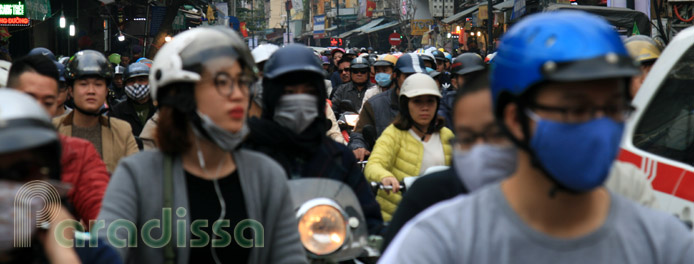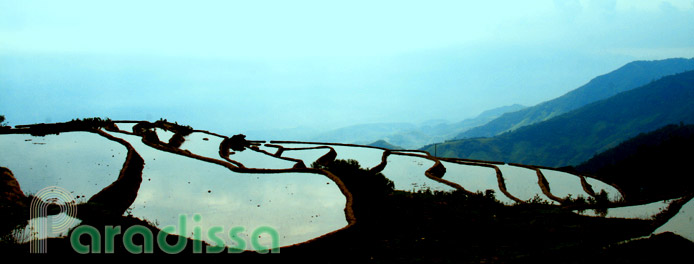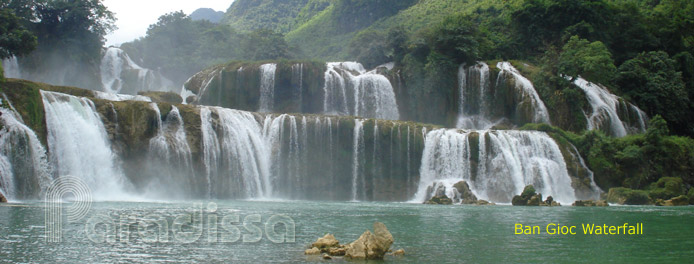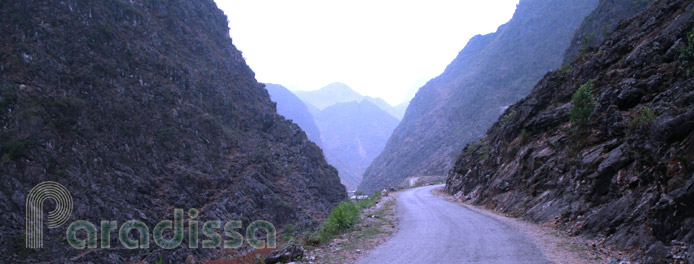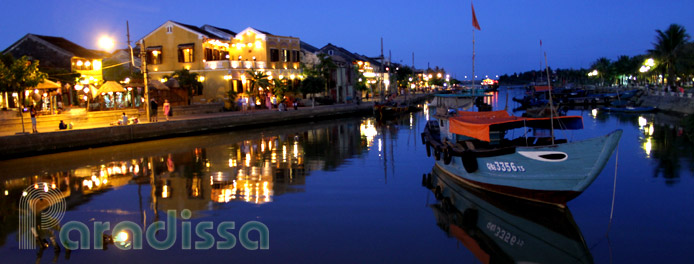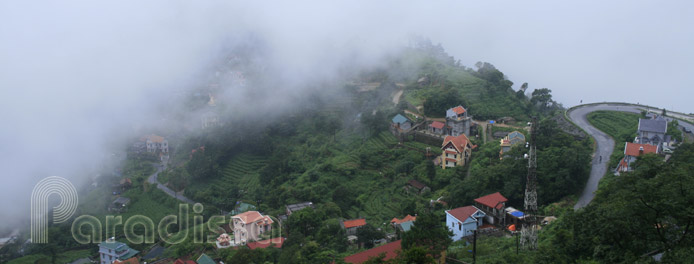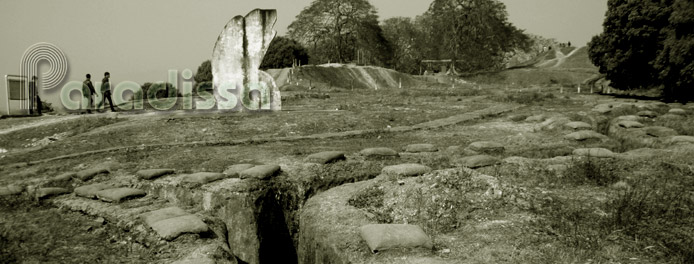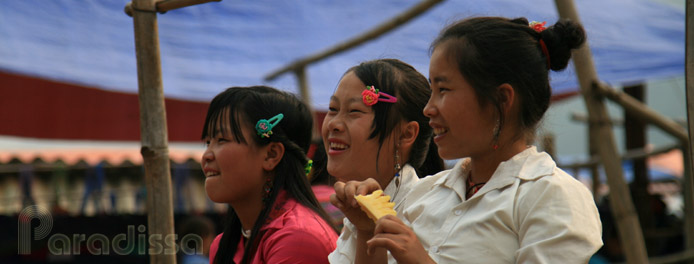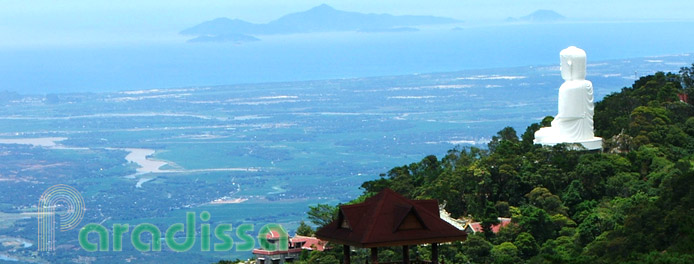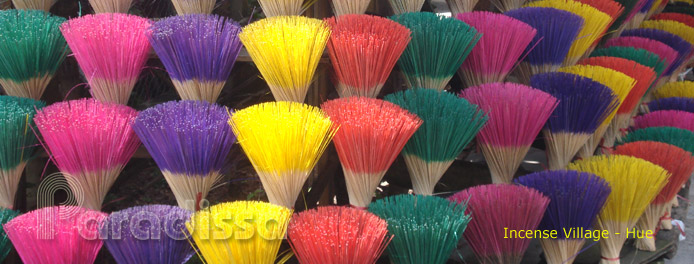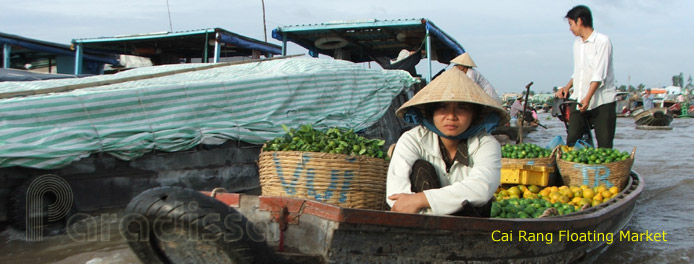Travel tips and advice provides you with useful information regarding how to deal with your daily routine while you travel in Vietnam such as cash for food and drinks, for your shopping, for taxis; what you should do and should not for your security and for your safety.
Money and daily expenses
It's best you are armed with both USD in cash and VND. VND should be limited to USD 50/person at a time when exchanging currencies. Be sure you have enough cash at weekends, as most banks are closed. VND is useless outside of Vietnam.
If possible check the exchange rates at http://www.vietcombank. com.vn and change your money at an authorized exchange bureau who would normally give better rates than banks. You can withdraw money from your credit card account via ATMs or at bank counters. Via ATMs, you'll get VND only; at bank counters, you'll need a passport along. At bank counters, sometimes you get USD and sometimes VND. It's just due to the financial crisis that most banks have difficulties with USD in cash since 2007.
Credit cards (Visa & Master) are accepted at fine-dining restaurants and most shops in Ha Noi, Hoi An and Sai Gon. Some charge an extra of 2.75% or 3%, but most have got the fees included in the price already.
It's better you pay for goods/services in the currency it's quoted, if you don't want to get low exchange rates. For drinking water, soft drinks you'd need about USD 2-3/person/day (or VN 20,000 – 50,000). An average meal at a tourist standard restaurant may cost you from USD10 excluding drinks; at local restaurants, it costs less, and at fine-dining ones, it costs more. Getting around a city by taxi or motorbike taxi should normally cost no more than USD2-5 at a time. When you are on a tour with Paradissa, all your hotels have good locations anyway. Make certain that the taxi has a meter and it's turned on when departing, otherwise a written price should have been agreed upon beforehand.
We don't haggle at restaurants while do at shops and in the market. Some big shops have fixed prices which mean they don't haggle, but still, sometimes, you may like to ask for a discount. Check a few shops before making decision. It seems Hoi An is still a shopping paradise in Vietnam where you get things nicely done with a price that you don't bother caring much about the quality. Better avoid shopping sessions before 1000-1100 A.M: just don't make yourself to be the first one at a shop on the day.
And whatever you do, keep a smile present (which may not make much sense in some cultures), things will be on your side most of the time in Vietnam!
Safety and Security
Also, security in Vietnam is just normally good, even for female travellers. Try to avoid dark streets at night. And beware of the traffic, of pickpockets, and of drive-by snatchers! Keep in mind that there is no need to be paranoid about these things, just use your common sense.
When you want to cross a road, then it is important you find a temporary gap in the traffic; put yourself there and walk decisively forward to the other side. Other people will see you and ride around you. Do not be hesitant and do not rush as it causes confusion to the others in the traffic and you may get hit.
In crowded public places, there may be pickpockets. They normally come in a band. One tries to distract you and another gets your valuables which may be passed on to another who will run away. In the case you discover their stealing and tries to pursue the thief, then the confederates will try to block you in a seemingly inadvertent way.
The solution to pickpockets is not to make your self a target by bringing a lot of cash/valuables on you; most should be in the safe at the hotel. And if crowded places, hold tight to your belongings should a situation occur; do not get distracted by their acts which could be pushing, trying to talk, hugging, making a quarrel… And report the thievery to the local police as soon as possible should it occur to you.
Drive-by snatchers are those who come fast on motorbikes and snatch the belongings and ride off instantly. Try not to show your valuables. Your bags, purses, cameras… should have a strap around your neck. Try to walk on pavements and not in the road; if you have to cross the road, then pay close attention to the surrounding and the traffic.
Mishaps, thefts, robberies, traffic accidents, dangers & annoyances…. can happen to one everywhere, even when they are in their hometown and at their sweet home. Don’t let these things stop you from traveling to Vietnam which is rated among the safest and with best security in the world. Try to learn from other travelers and local experts, and try to practice…. Try to find a good local tour operator in Vietnam who helps you with a good plan and provides you with good arrangements and backup; you’ll surely have a lovely Vietnam vacation coming home much stronger and wiser!



